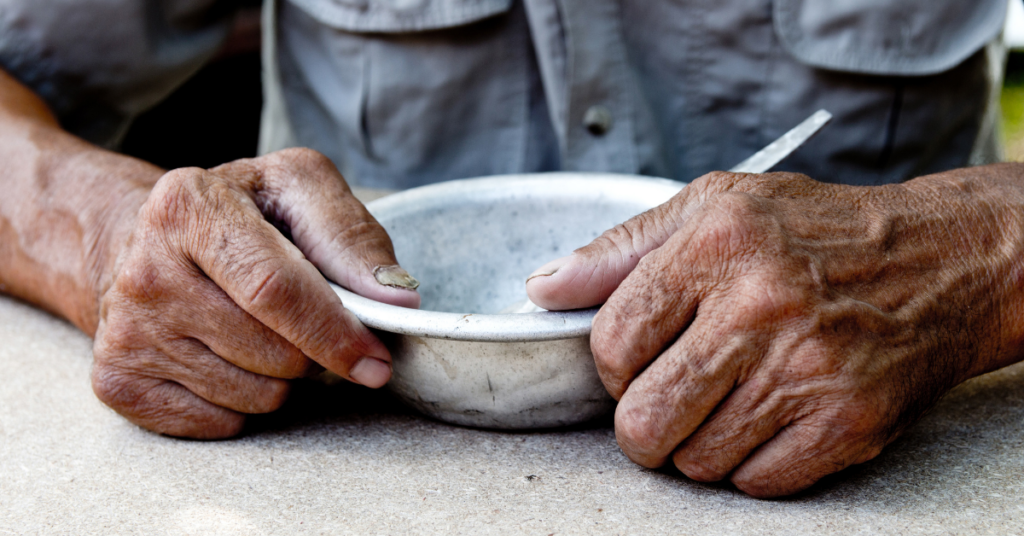Article written by:
Pang Su Ting

What causes malnutrition?
Malnutrition occurs when your body has too little or too much or an imbalance in one’s intake of essential nutrients over a long period of time. It can refer to someone who is undernutrition or overweight.
As we age, getting enough nutrients from food is essential to maintain our physical and mental health. Problems such as loss of appetite, tooth loss, poor oral health and deterioration in the sense of smell and taste will cause the elderly to reduce their food intake, leading to malnutrition. Lifestyle changes can also affect appetite, which is more common among the elderly living alone and in poverty.
Risk of malnutrition
Malnutrition is common. Based on a survey of 4,500 elderly of different nationalities, about half of the respondents were at risk of malnutrition and 25% were diagnosed with malnutrition. Another foreign research survey has found that almost half of the hospitalised elderly are moderate to severely malnourished.
Older people who are malnourished or undernutrition tend to experience unintended weight loss and weakened immunity. They are more prone to acute or long-term diseases, increasing the chance of hospitalisation and further hindering their intake of adequate nutrients. It also slows recovery from illness or wound healing and even increases the risk of death.
Have a balanced diet
From a nutritional point of view, an adequate intake of calories and protein is necessary to maintain body weight, mainly body muscle mass. Protein-rich foods include meat, poultry, fish, seafood, dairy products, and eggs.
To boost the immune system, malnourished elders should incorporate protein and calorie-rich foods with each meal, including snacks and refreshments between meals. Calorie-rich foods include full-fat dairy products, fats, nuts and seeds such as whole milk, olive oil and peanuts.
Care for your teeth
Good oral health plays a massive role in preventing malnutrition. A scientific research found that older adults who have 10 to 19 teeth (instead of 28) are at higher risk for malnutrition. Those with missing teeth will find it difficult to chew food, compromising on the type of food consumed by avoiding food that is harder to chew (e.g. fruits, meat and vegetables). They generally prefer softer foods like bread and porridge, which has less nutrition.
The good news is that there is always time to start caring for your oral health! Kickstart your oral routine by:
- brushing two times a day
- floss daily
- visit your dentist regularly
If you or your loved ones have missing teeth, schedule a visit with a dental specialist to discover the available teeth replacement options. Dental implants, bridges and dentures are possible solutions. The dental specialist will advise on the most appropriate treatment based on your clinical condition and personal considerations such as budget.





